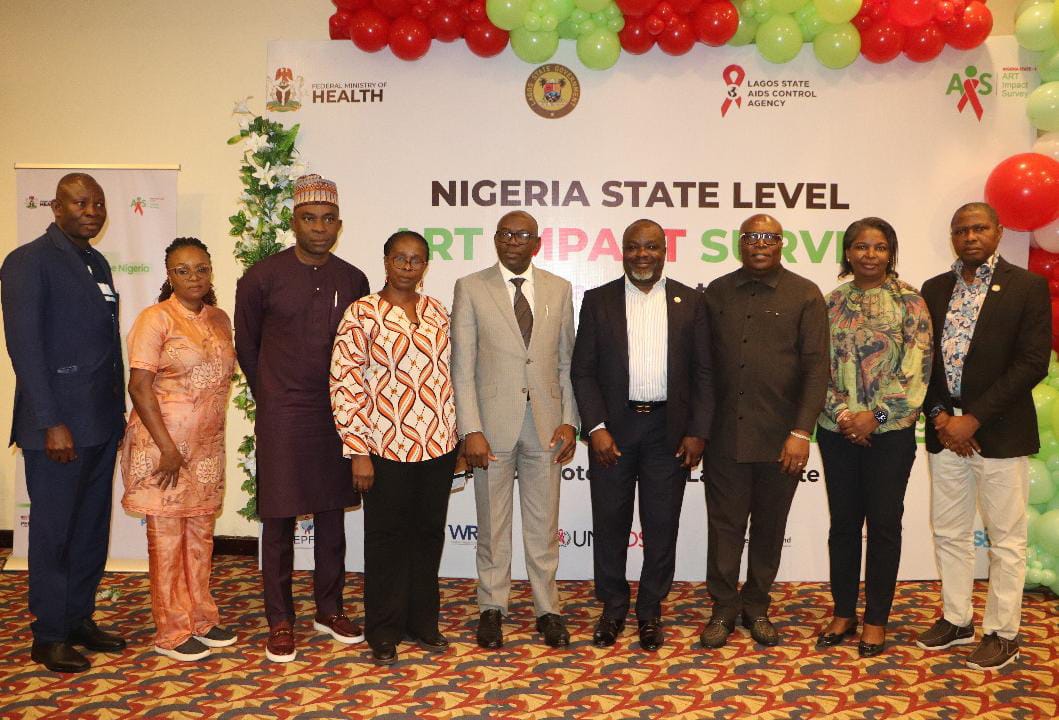The Lagos State Government has commenced the Nigeria State-Level Antiretroviral Therapy (ART) Impact Survey, a household-based study designed to assess HIV treatment coverage and viral suppression among adults in the state.
Announcing the initiative at a press briefing held at Sheraton Hotel, Ikeja, on Wednesday, September 24, 2025, the Permanent Secretary, Ministry of Health, Dr. Olusegun Ogboye, described the survey as a landmark step in the state’s response to HIV/AIDS. He said the findings would provide reliable data to strengthen health systems, improve treatment outcomes, and guide policy toward achieving epidemic control.
The exercise, scheduled to run from October to December 2025, will cover 6,150 households across all 20 local government areas, targeting 11,354 residents between ages 16 and 64. Participants will be interviewed, tested, and counselled, with those testing positive immediately linked to care.
Dr. Ogboye clarified that households were randomly selected and cautioned against stigmatization. “This is a scientific process to measure progress, not a means to identify or label HIV-positive homes,” he stressed.
He commended Governor Babajide Sanwo-Olu for sustained support and acknowledged partners including PEPFAR, the U.S. CDC, PHIS3, and the Federal Ministry of Health for their technical and financial backing.
In his remarks, Dr. Ibrahim Dalhatu of the U.S. CDC reaffirmed America’s commitment to Nigeria’s HIV response, noting that Lagos and Akwa Ibom were chosen for the survey due to their high HIV burden. He emphasized that the project was about “people, families, and communities,” not just data.
Representatives of NASCP, APIN, NACA, and NCDC also pledged support, highlighting the survey’s importance in improving financing, sustainability, and government ownership of HIV programs.
Closing the event, State HIV/AIDS and STI Programme Coordinator, Dr. Oladipupo Fisher, disclosed that 135,225 Lagos residents are currently on treatment, with 75% achieving viral suppression. He said the survey would help close existing gaps, fight stigma, and accelerate progress toward the global 2030 goal of ending HIV as a public health threat.




